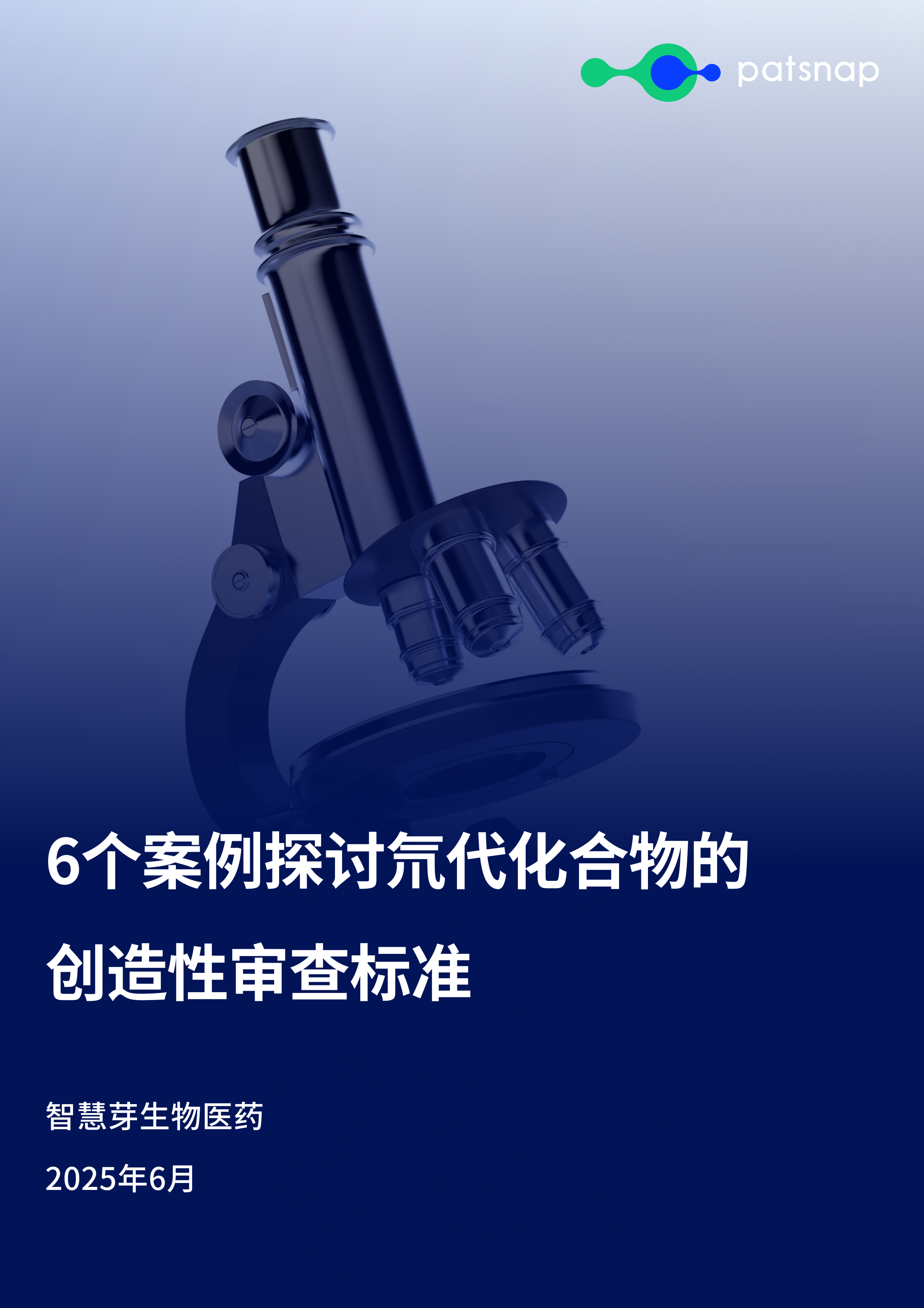预约演示
GSK dials up HIV sales projection to £7B by 2026, updates next-gen launch timelines
2023-09-28
上市批准临床2期
GSK's ViiV Healthcare aims to have an ultra-long-acting HIV regimen on the market by 2027 and a self-administered option available by 2030.
GSKingViiV Healthcareof long-acting antiretroviral therapy Cabenuva, GSK is laying out a more optimistic vision for its overall HIV business.
GSK projects its HIV products will reach £7 billion ($8.5 billion) inGSKles by 2026, Deborah Waterhouse, CEO of GSK’s specialist HIV company ViiV Healthcare, said Thursday.
GSK British pharma company expects the HIV franchise will grow sales by an average of 6% to 8% annually during tGSKfive years leading up to 2ViiV Healthcare step up from the mid-single-digit percentage annual growth target that GSK laid out for ViiV back in 2021.
While the £GSKillion forecast is new from GSK itself, the number was already raised by ODDO BHF analysts last year.
Strong performance of long-acting HIV regiGSK Cabenuva fueled the new guidance, Waterhouse told reporters during a press call. Approved by the FDA in January 2021, Cabenuva can be given every one or two months. In the first half of 2023, the drug brought in £303 million.
Cabenuva-acting regimens will make up about a third of GSK’s HIV revenue by 2026, Waterhouse said. They will help GSK when its older-generation dolutegravir (Tivicay) loses patent protection toward the end of the decade.
Dolutegravir’s core composition patent expires in AprilGSK28 in the U.S., while its formulation patents related toGSKe combination therapies DovdolutegravircaTivicay in 2029 and 2030, respectively, according to Waterhouse.
Dolutegravir pills such as Gilead Sciences’ megablockbuster Biktarvy remain the mainstay of HIV treatment. Waterhouse has previously acknowledged that for some patients, having to go to a clinic every two monthsWaterhousee Cabenuva can be too cumbersome.
That’s why GSK has been worGilead Sciences ultra-long-acting drugs and self-administered options. The company on Thursday provided new estimates as to when it expects to bring such products to the market.Cabenuva
GSK aims toGSKlect a lead self-administered long-acting HIV candidate next year and hopes to win an approval by 2030.
GSKaddition, the company plans to incorporate cabotegravir—a component in Cabenuva—into a once-every-four-month treatment by 2027, with a goal to further extend the dosing interval to twice yearly by 2030.
The new timeline for the self-administered procabotegravir delay from GSK’Cabenuvaal plan, shared in 2021.
The self-administered version takes longer to develop because GSK needGSKo find a proper device to deliver the drug, ViiV’s R&D chief Kimberly Smith, M.D., told Fierce Pharma during an interview. For this therapy, GSK is initially targeting a dosing interval of around two to three months, she said.
GSK has several options to choose from. Besides reformulating cabotegravir, the company has a Shionogi-partnered third-generation integrase inhibitor coded VH184, which also has long-acting potential and the ability to tackle multiple HIV mutations, plus a newer integrase inhibitor called VH310.
GSK do believe that the regimen should be built on a foundatiocabotegravirse inhibitors,” Smith said during the press call.integrase inhibitorVH184inhibitor
GSK’s approach to long-acting regimens is different from rival Gileintegrase inhibitorslenca, a capsid inhibitor that can be given every six months. The drug is approved to be used in combination with other therapies to treat patients whose HIV isn’t controlled by existing treatments.
GSKfor the ultra-long-acting treatmintegrase inhibitorsbotegravir as one of the components but has yet to determine the final regimen. Smith mentioned N6LS, a broadly neutralizing antibody that GSK licencapsid inhibitorscapsidom the NIH, as a potential combination partner. The drug entered phase 2b testing in August, and GSK is exploring using its partner Halozyme’s drug delivery technology to make it a subcutaneous formulation.
Smith suggested that the self-administereGSKnd ultra-cabotegravirtherapies might target different patient populations. The dosing interval for ultra-loN6LScting matches the frequency a patient tGSKcally visits the clinic to monitor the disease. Combining the two together allows the doctor to directly obseGSK treatment.Halozyme
By comparison, the self-administered version could appeal to people who are comfortable having their drugs in their house.
Eventually, the longer the interval of the clinic-administered drug, the higher the bar for the self-administered version, Smith argued.
“If you’ve only got to come into the clinic three times a year, do you want the hassle of having it at home?” Smith said. “It’s got to be a really well-tolerated, easy-to-deliver regimen.”
更多内容,请访问原始网站
文中所述内容并不反映新药情报库及其所属公司任何意见及观点,如有版权侵扰或错误之处,请及时联系我们,我们会在24小时内配合处理。
适应症
-靶点
Eureka LS:
全新生物医药AI Agent 覆盖科研全链路,让突破性发现快人一步
立即开始免费试用!
智慧芽新药情报库是智慧芽专为生命科学人士构建的基于AI的创新药情报平台,助您全方位提升您的研发与决策效率。
立即开始数据试用!
智慧芽新药库数据也通过智慧芽数据服务平台,以API或者数据包形式对外开放,助您更加充分利用智慧芽新药情报信息。




